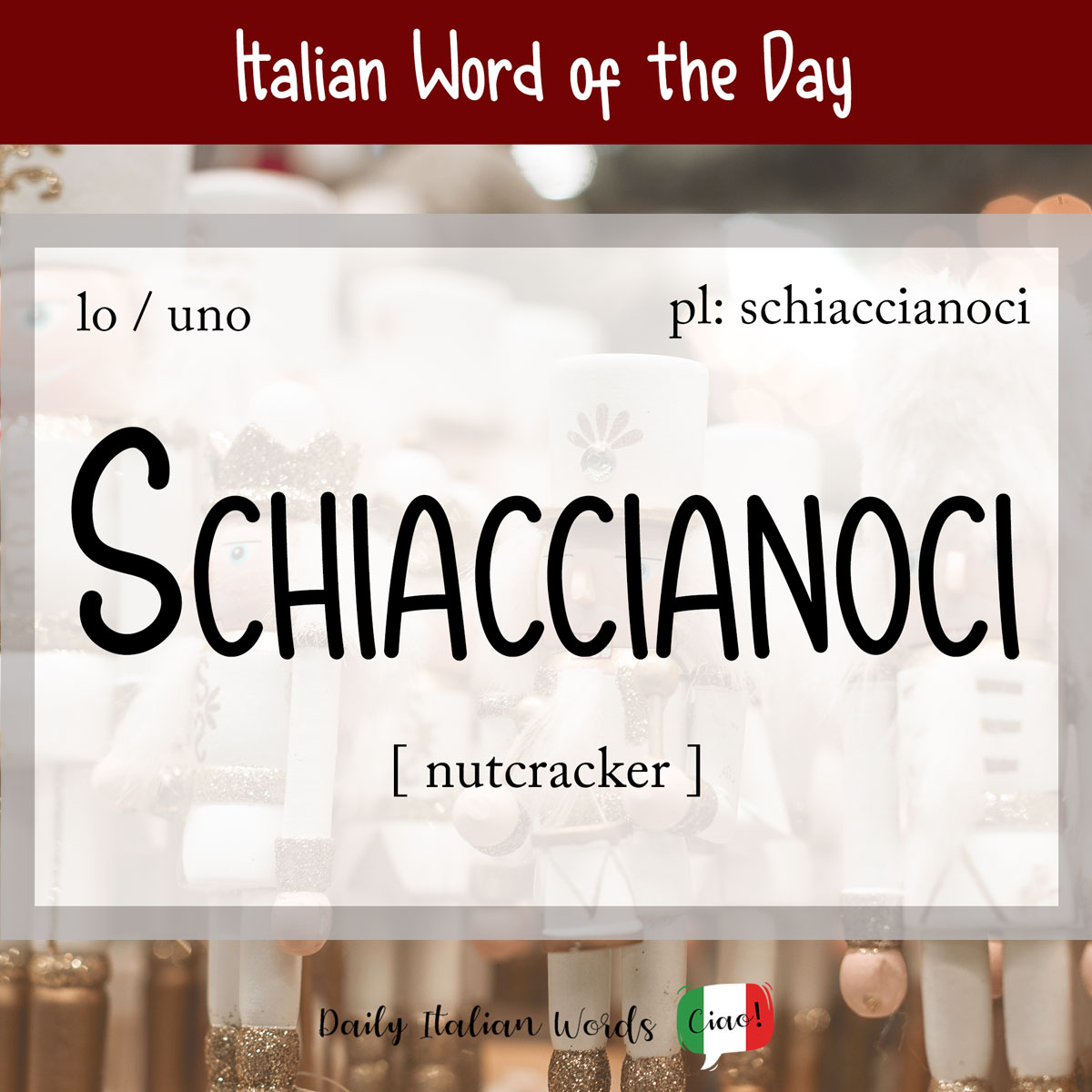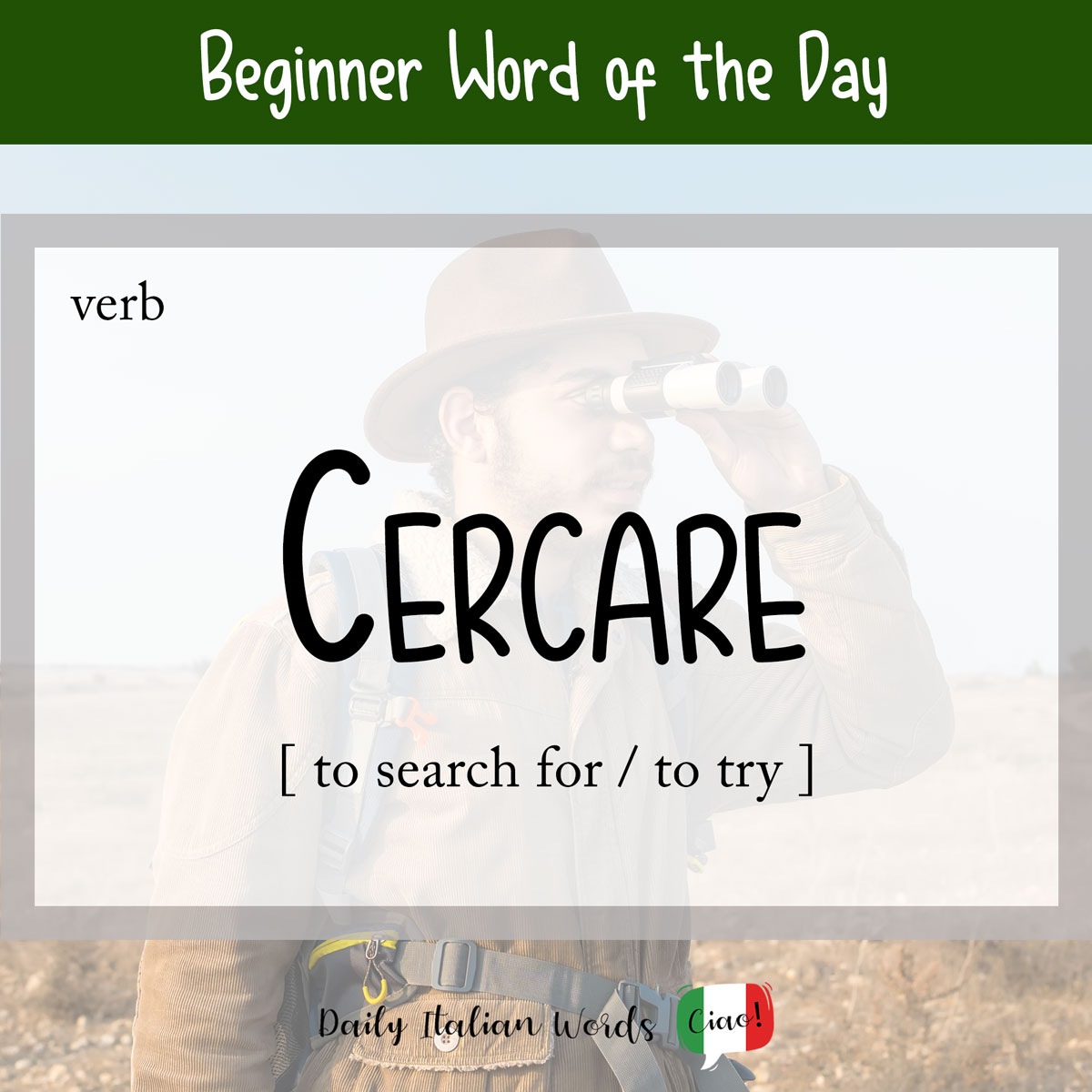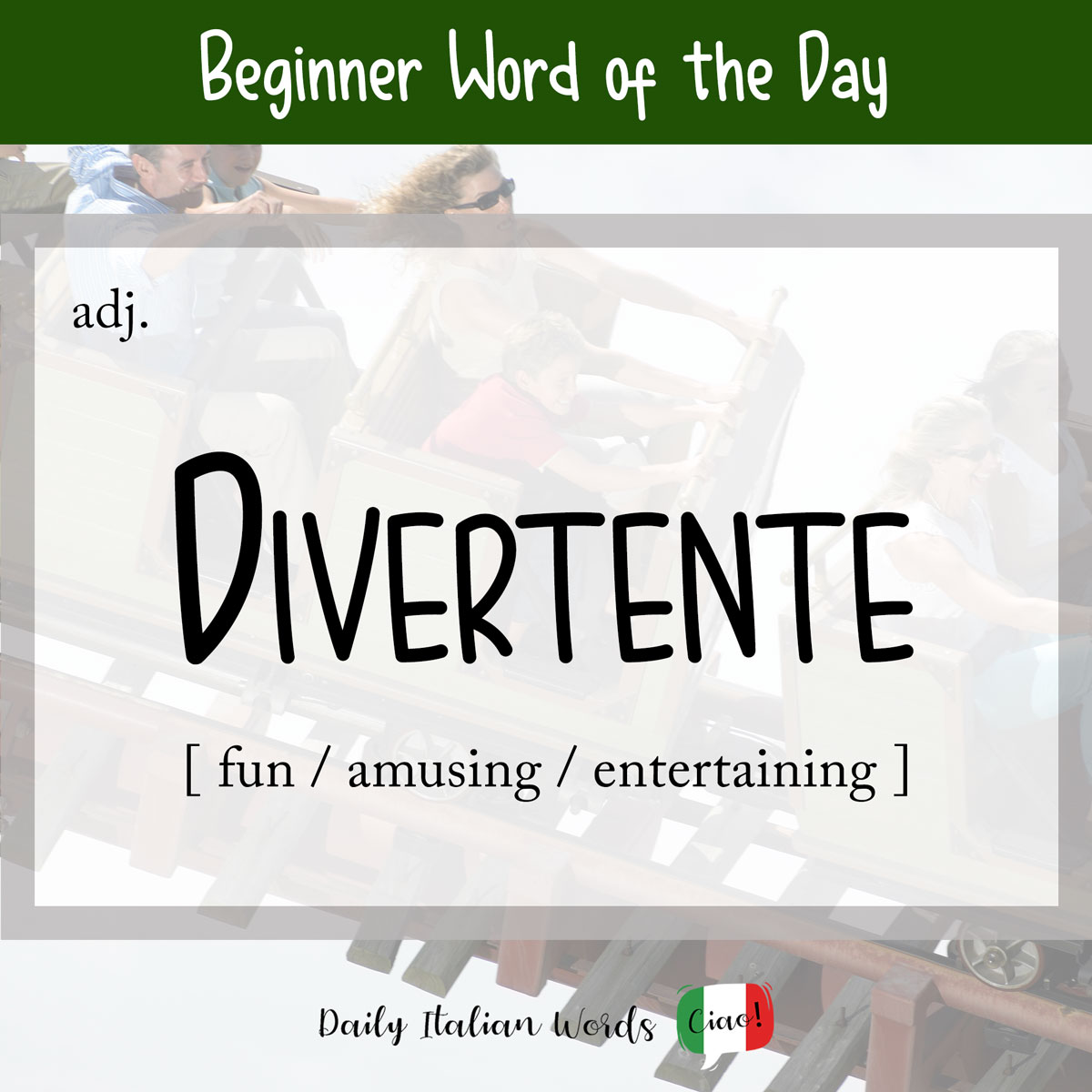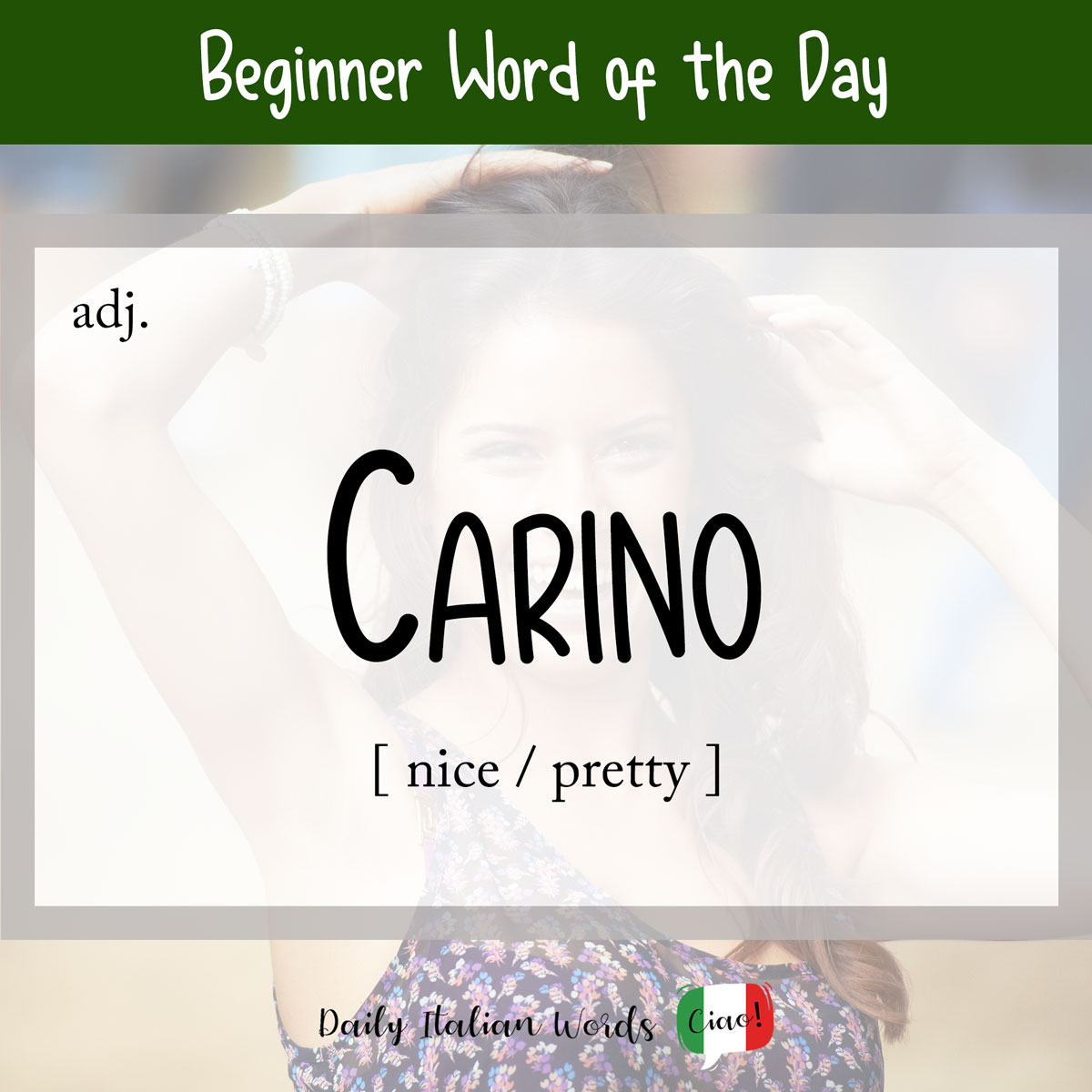Italian Word of the Day: Schiaccianoci (nutcracker)
One of the most recognisable symbols of Christmas is the nutcracker, known as a schiaccianoci in Italian. Schiaccianoci is made up of two parts: the verb schiacciare (to crush) and the plural noun noci (walnuts). It is an invariable masculine noun, which means its form does not change in the plural. Dove vogliamo mettere lo …






